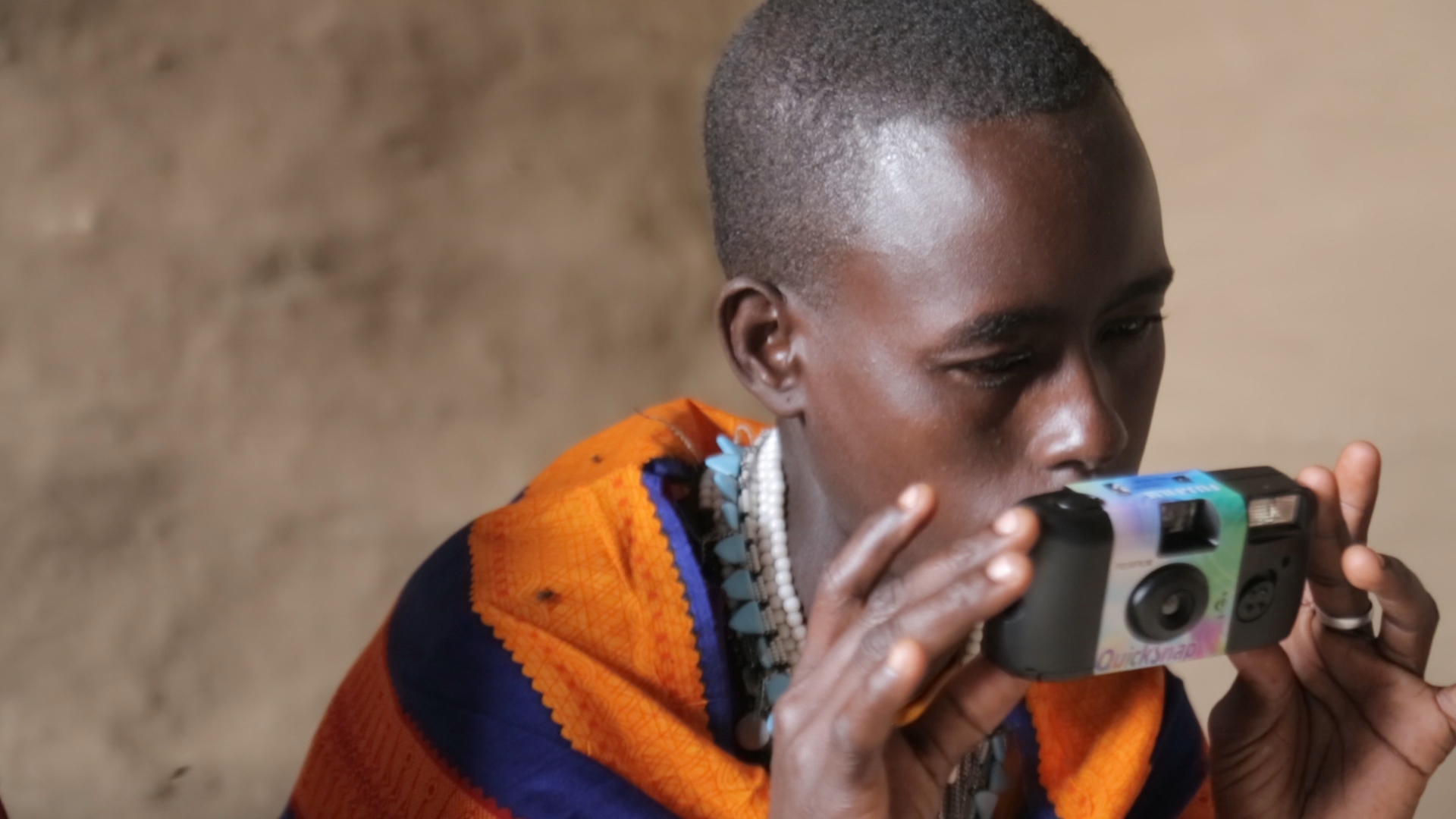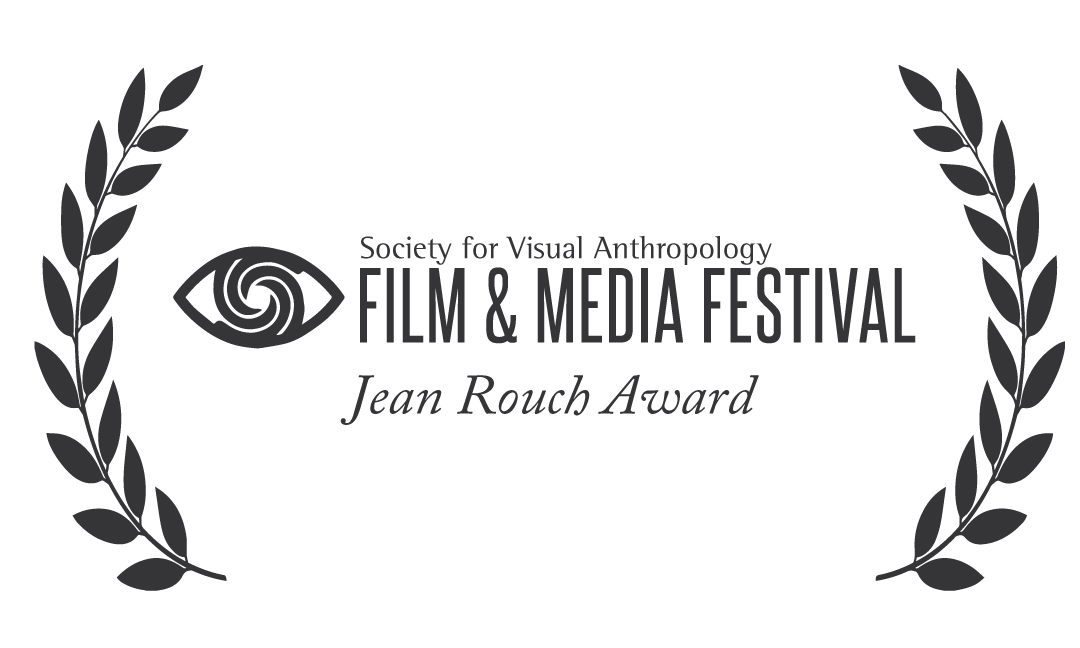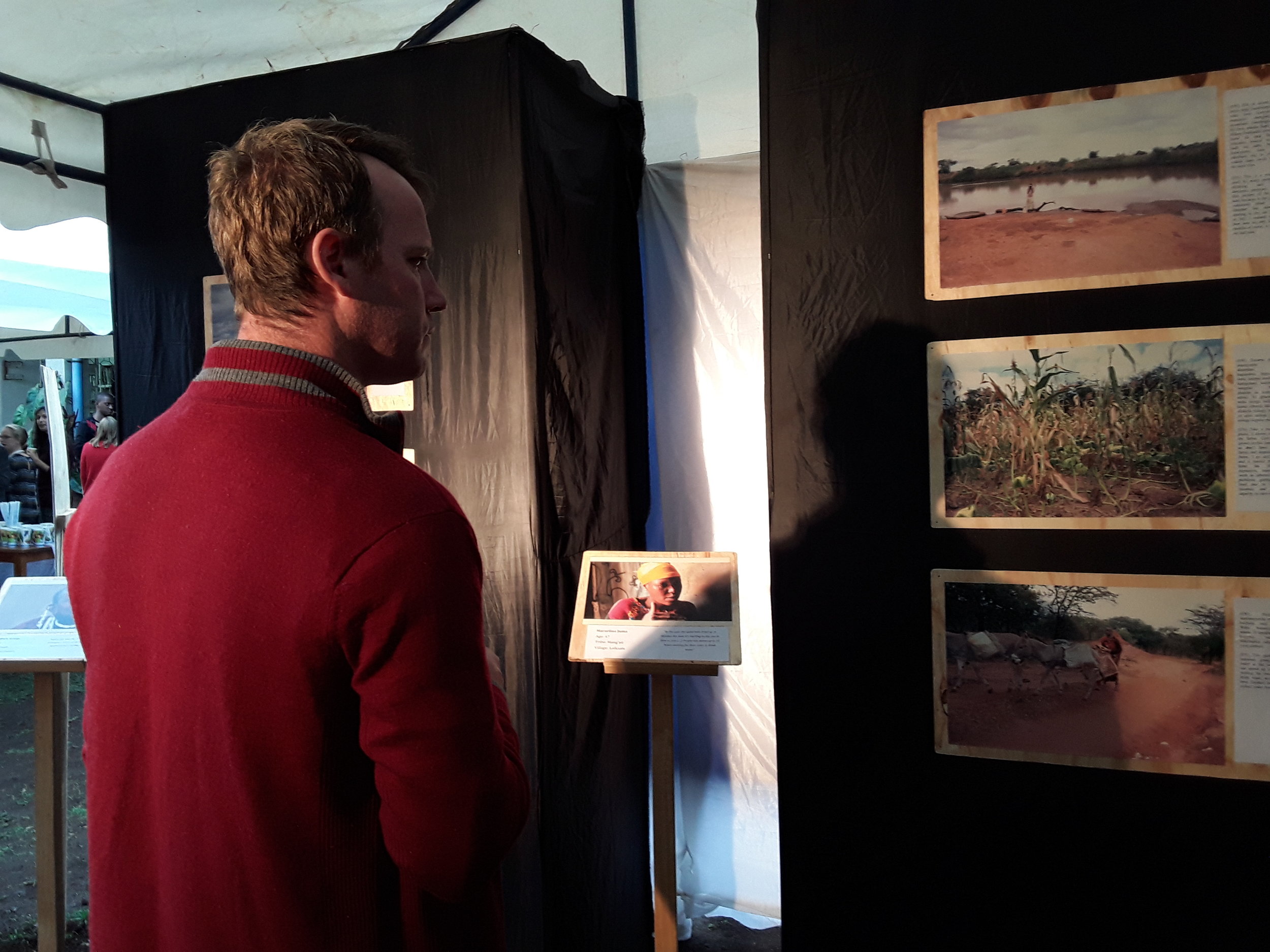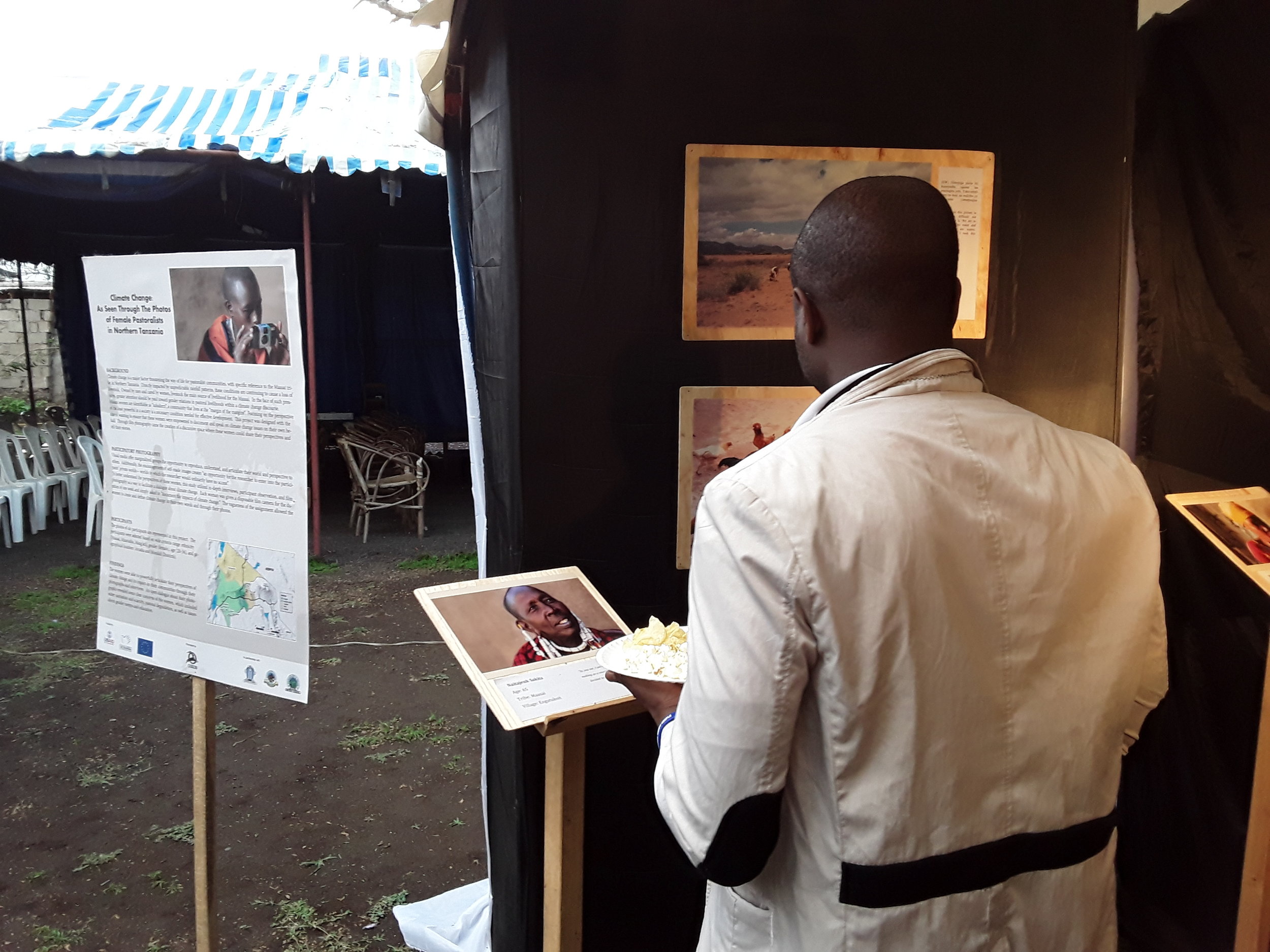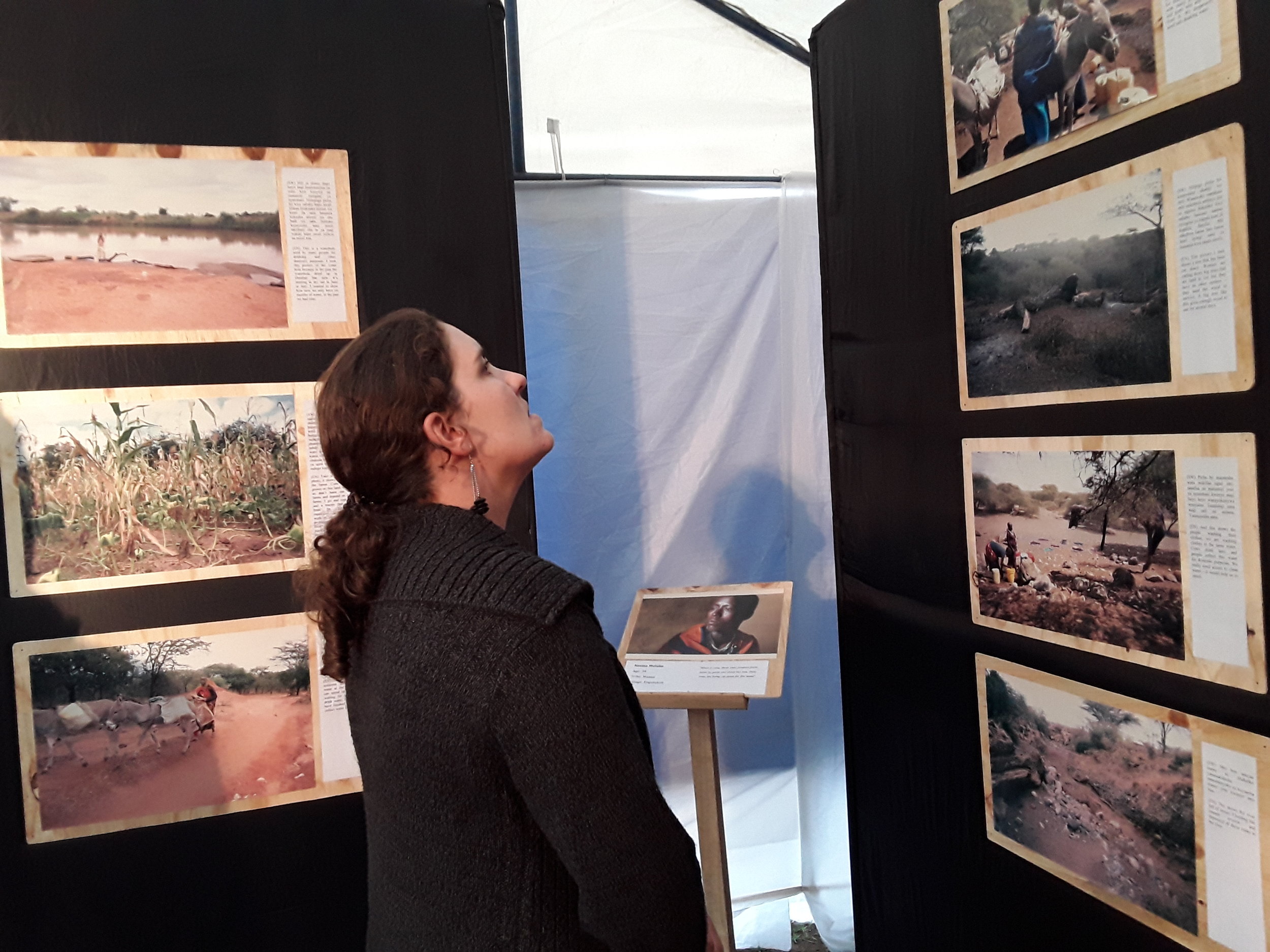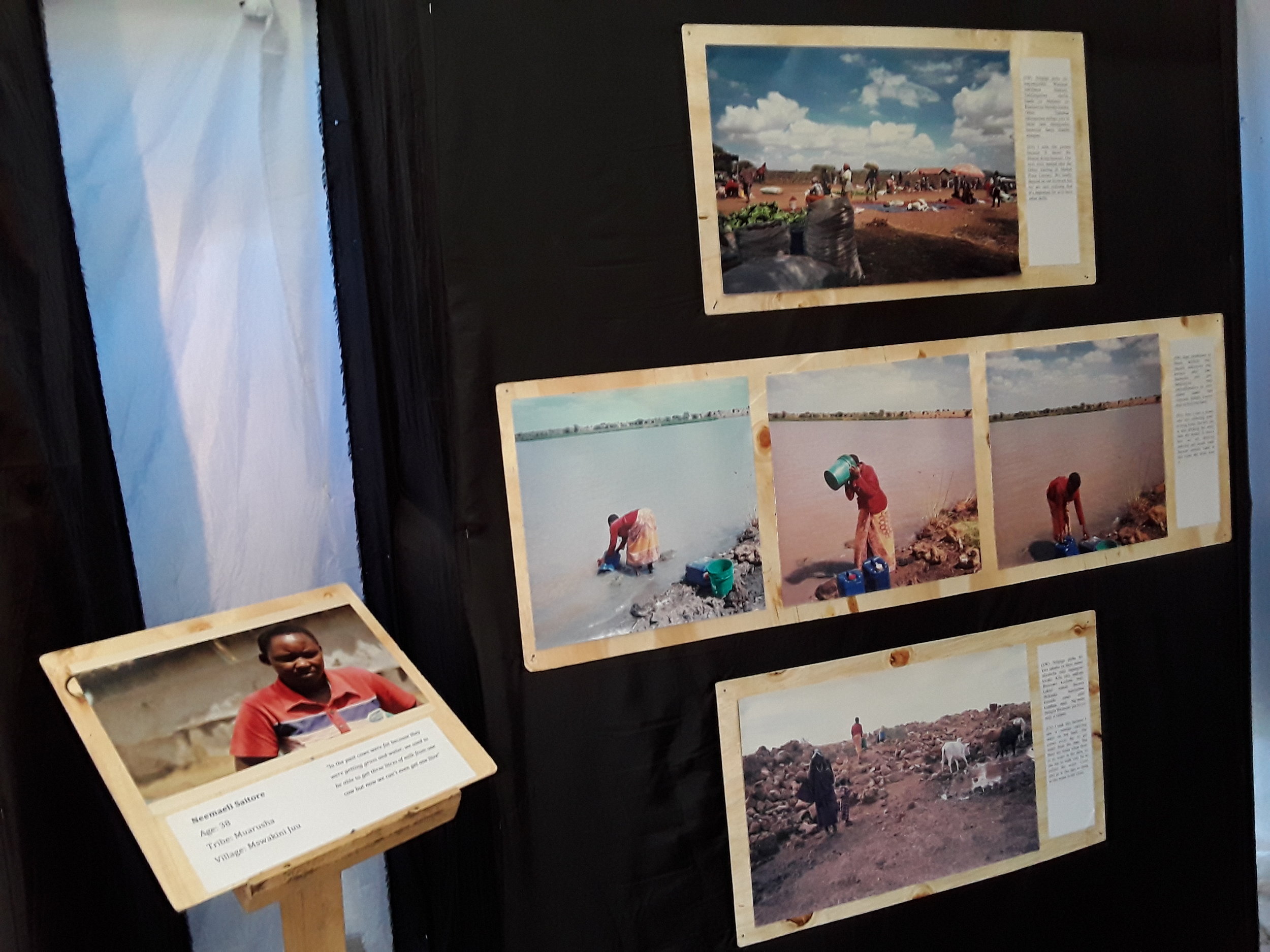Background
Climate change is a major factor threatening the way of life for pastoralist communities, with specific reference to the Maasai tribe in Northern Tanzania. Directly impacted by unpredictable rainfall patterns, these conditions are continuing to cause a loss of livestock. Owned and cared for by men, livestock is not only the main source of food, but also the main source of livelihood for the Maasia. In the face of such pressures, greater attention should be paid toward gender relations in pastoral livelihoods within a climate change discourse. Maasai women are identifiable as “subaltern, ” a community that lives at the “margin of the margins.” Focusing on the perspective of the least powerful in a society is a necessary condition needed for effective development. This project was designed with the aim of wanting to ensure that these women were empowered to document and speak on climate change issues on their own behalf. Through film photography came the creation of a discursive space where these women could share their perspectives and tell their stories.
Photo Credit: Neema Melubo
Why Participatory Photography?
Visual media can serve as a vehicle, offering marginalized groups the opportunity to reproduce, understand, and articulate their world and perspective to others. Additionally, the encouragement of self-made images creates ‘‘an opportunity for the researcher to enter into the participants’ private worlds – worlds to which the researcher would ordinarily have no access.’’
To better understand the perspectives of these women, this study utilized in-depth interviews, participant observation, and film photography as a way to facilitate a dialogue about climate change. Each woman was given a disposable film camera for the duration of one week. To better guide the project on how the women perceive climate change, I simply asked them to “document the impact of climate change.” The inexplicit assignment allows the women to create and define climate change in their own words and through their photographs.
Meet the Women
"This picture I took...
...shows a tree that has been cut down by women. Although we know it is bad for the environment, we need the wood to make charcoal so we can sell it in the markets.”
— Neema Melubo
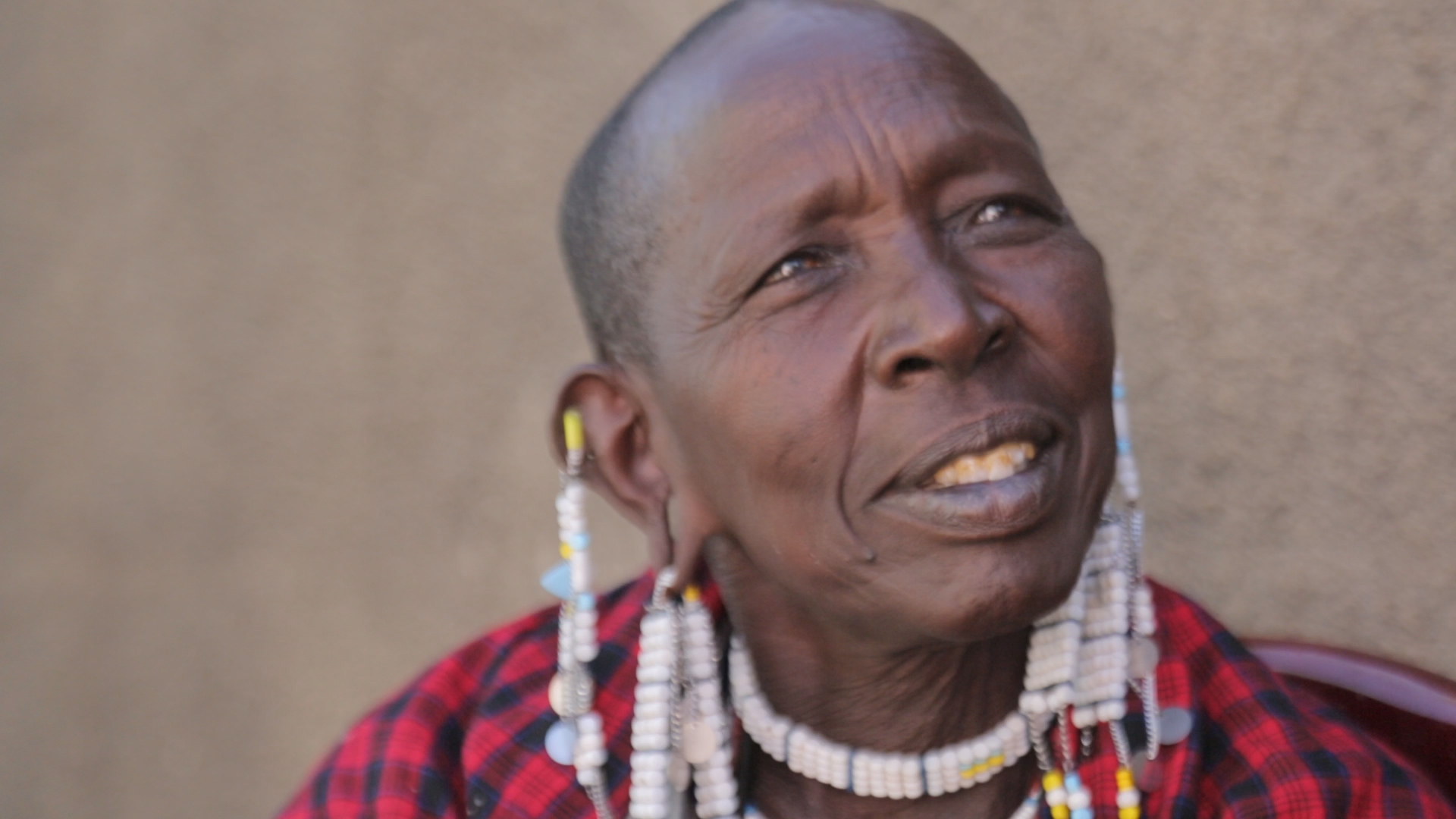
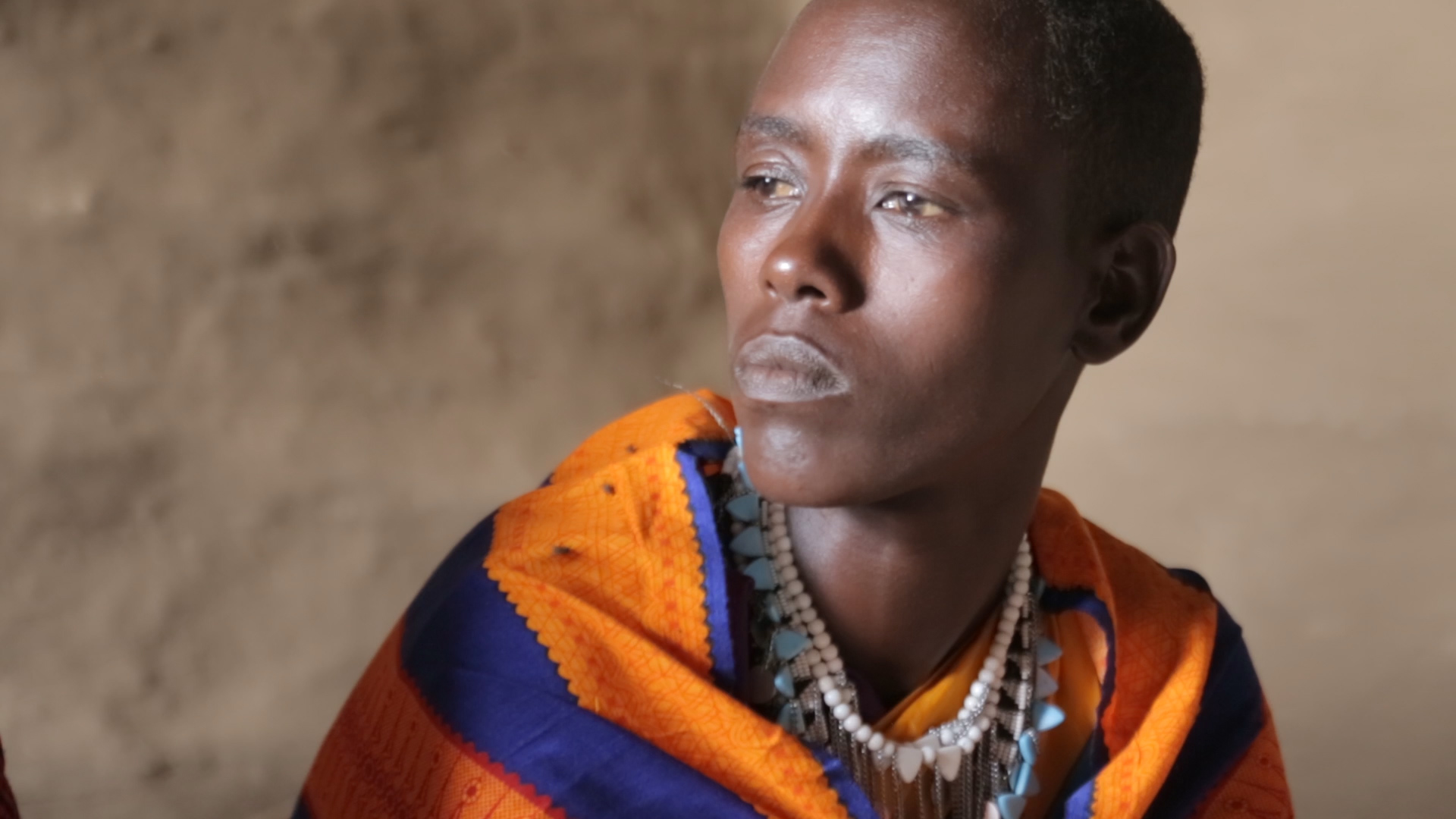
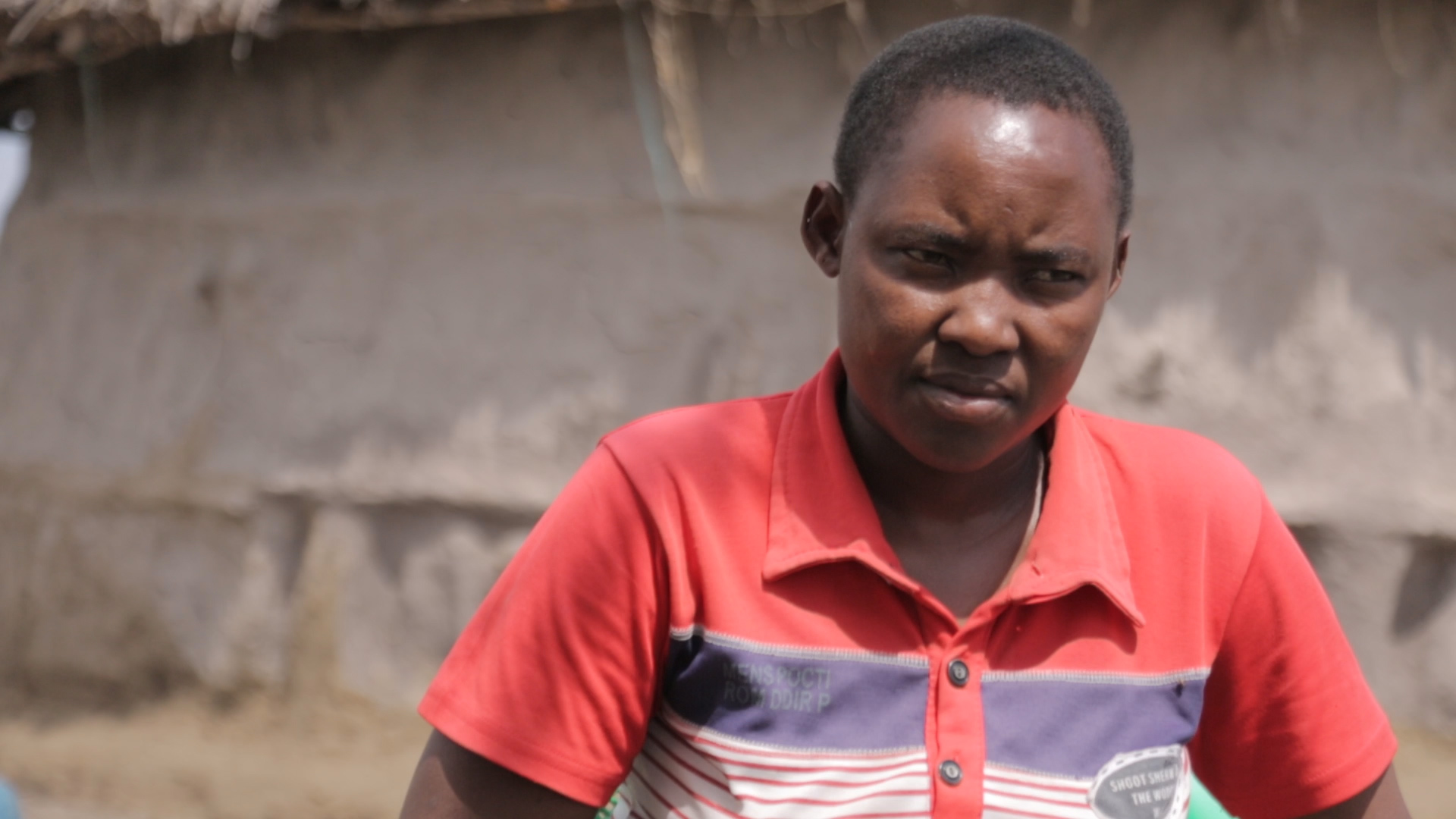
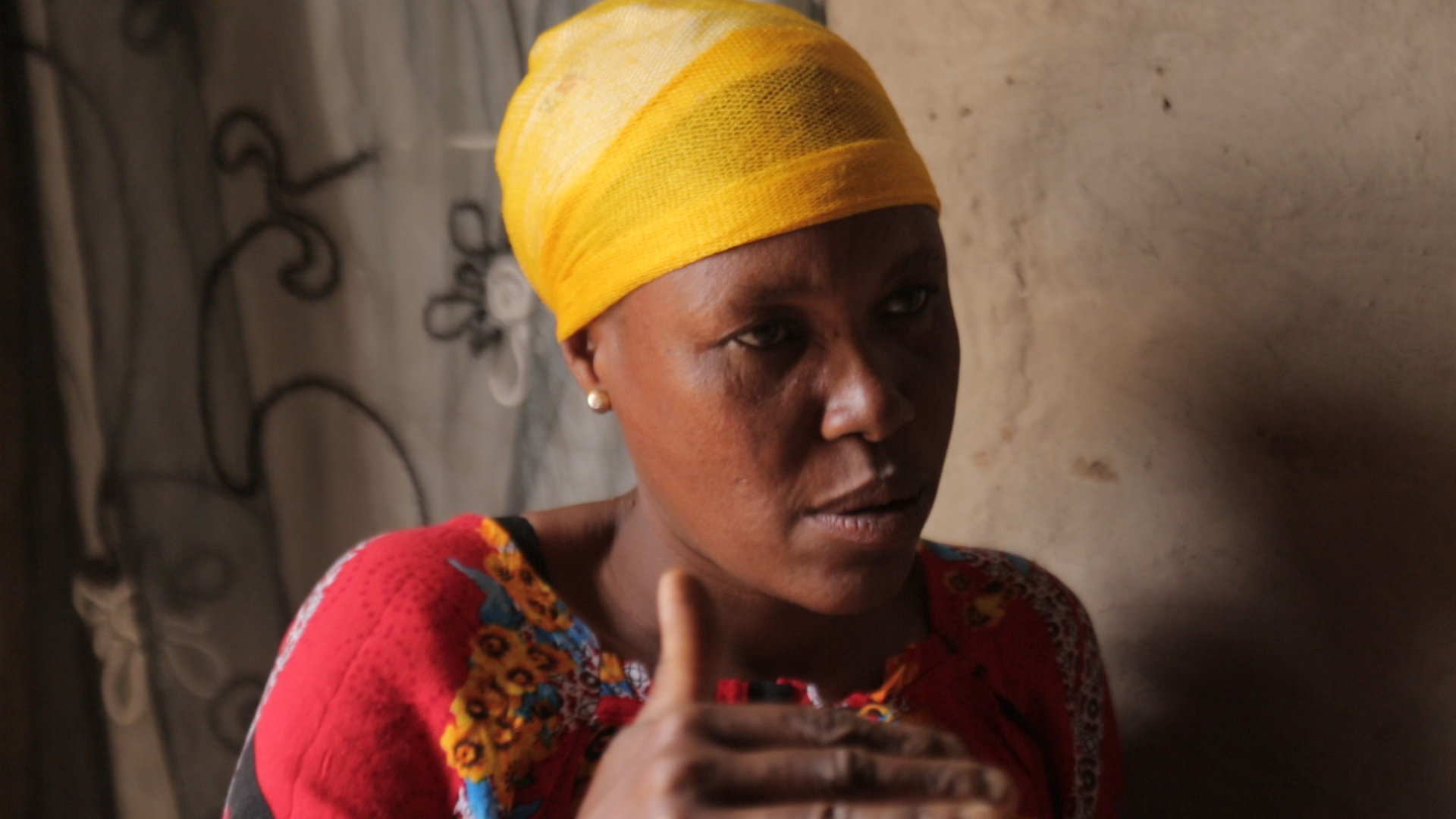
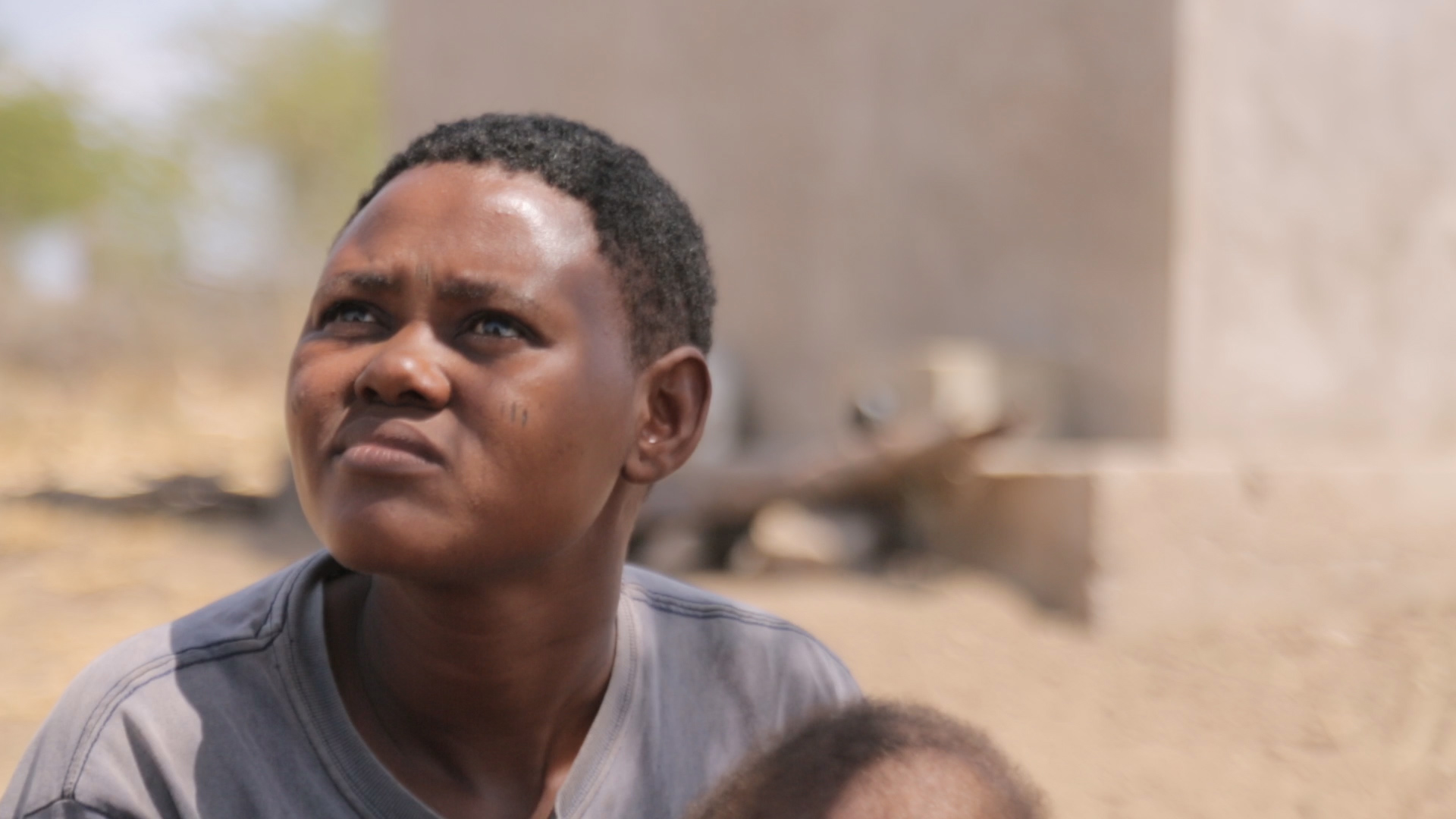
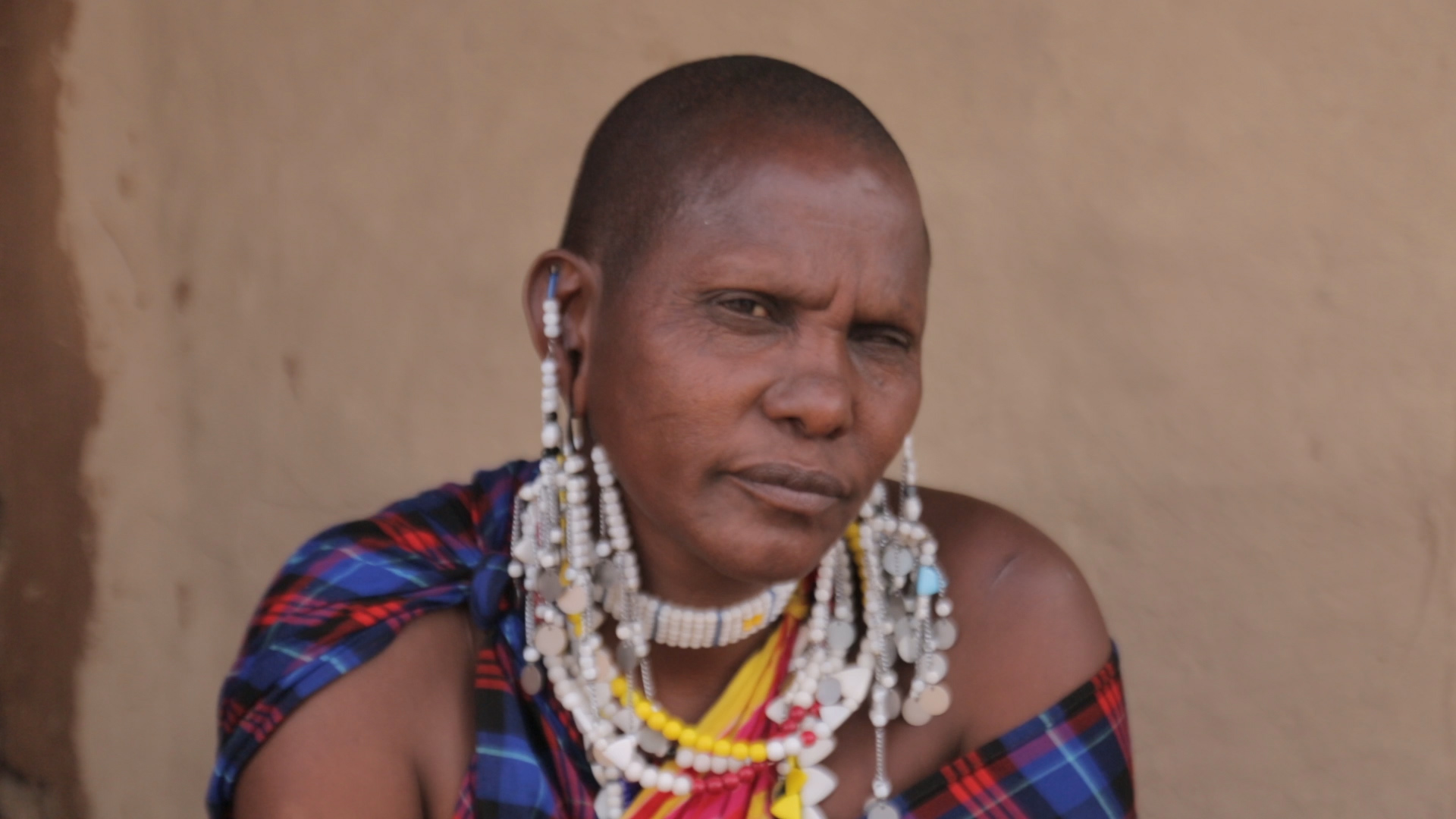
Findings:
The women were able to powerfully articulate their perspectives of climate change and it’s impact on their communities through their photographs and interviews. An open dialogue about their photographs revealed some clear concerns of the women, which included water sanitation and scarcity, pastoral degradation, as well as issues about gender norms and education.
DOCUMENT THE IMPACT
Winner of the 2018 Jean Rouch Award
Learn more about the SVA Film and Media Festival
Read SFSU's Anthropology Department Recognition
Read Liberal & Creative Art’s Article about Award
Photo Exhibition in Arusha, Tanzania
This past November, the Alliance Française d'Arusha hosted a photo exhibition for the photographs of the women in Arusha, Tanzania.
